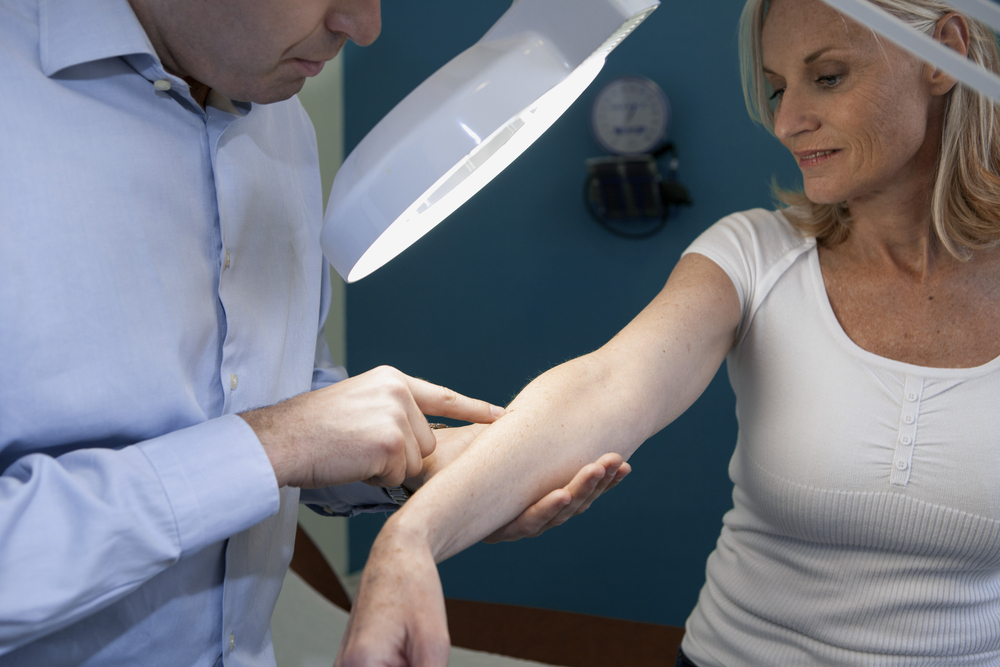Pancreatic Cancer Life Expectancy
Category:

Pancreatic cancer begins in the tissues of the pancreas, an organ located behind the lower part of the stomach. The pancreas plays a role in digestion by producing enzymes that help break down food and hormones that regulate blood sugar levels. In this post, we will review what you need to know about pancreatic cancer life expectancy and other things related to the condition.
Symptoms of Pancreatic Cancer
The Pancreatic Cancer Action Network recommends speaking to a doctor if you experience any of the following symptoms.
- Your back or stomach hurts
- You’re bloated
- You’re having trouble digesting food
- You’re losing weight and you don’t know why
- Your skin and eyes look yellow
- Your stools are changing
- You were recently diagnosed with diabetes, or your well-controlled diabetes is changing
In the next section, we will review the average life expectancy of pancreatic cancer patients.
Pancreatic Cancer and Life Expectancy
The life expectancy of someone with pancreatic cancer can be determined by the five-year survival rate, which is the percentage of patients who live five years after diagnosis. The combined five-year survival rate of those with pancreatic cancer is 12% because far more people are diagnosed as stage IV when the disease has metastasized. Life expectancy can be extended through a few means, however. Below are some examples illustrating life expectancy with pancreatic cancer.
- Pancreatic cancer life expectancy when caught early. Up to 10% of patients who receive an early diagnosis become disease free after treatment. For those who are diagnosed before the tumor grows or spreads, the average survival time is three to three-and-a-half years.
- Pancreatic cancer lymph nodes life expectancy. When pancreatic cancer spreads to lymph nodes, life expectancy for the five-year survival rate is 16%.
- Pancreatic cancer chemotherapy life expectancy. According to a study from Mayo Clinic of 194 patients who underwent chemotherapy followed by radiation and surgery, an average survival time of 58.8 months, or just under five years was achieved
- Terminal pancreatic cancer life expectancy. The survival rate for stage IV cancer is 1%. The average patient diagnosed with late-stage pancreatic will live for about one year after a diagnosis.
- Pancreatic cancer life expectancy with surgically removed tumors. About 15-20% of pancreatic cancer tumors can be surgically removed. While they can still grow back after removal, patients on average can live for two-and-a-half years after diagnosis and have a five-year survival rate of 50% if they can finish six months of adjuvant chemotherapy.
Next up, let’s review treatment methods for pancreatic cancer.
Download Our FREE Path to Care Guide
Treatment for Pancreatic Cancer
Below are some options for pancreatic cancer treatment, according to the Pancreatic Cancer Action Network.
- Surgery. It is strongly recommended to have a high-volume pancreatic surgeon (more than 15 procedures per year) perform the procedure.
- Chemotherapy. Chemotherapy can shrink tumors or halt their growth and may be administered alone or in combination with surgery, targeted therapy, radiation, or a mix of these treatments.
- Radiation therapy. Energy in the form of particle or electromagnetic waves can be used to relieve pain the tumor causes, try to shrink the tumor before surgery, and destroy cancer cells that may be in the area after surgery.
- Clinical trials. Research studies looking at new treatments are proven to be highly successful.
- Immunotherapy. This can help your body find and fight the cancer cells like it fights other illnesses.
- Targeted therapy. These therapies can block the process that changes the normal cells into cancer, stopping the tumor’s growth.
Precision medicine. This takes into account individual differences in genes, environment and lifestyle to personalize one’s treatment plan.
To learn more about our home care services, contact our caregiving team today at 1-800-GRISWOLD or find a Caregiver near you.
Subscribe
Date: 2024-08-21
Category:


